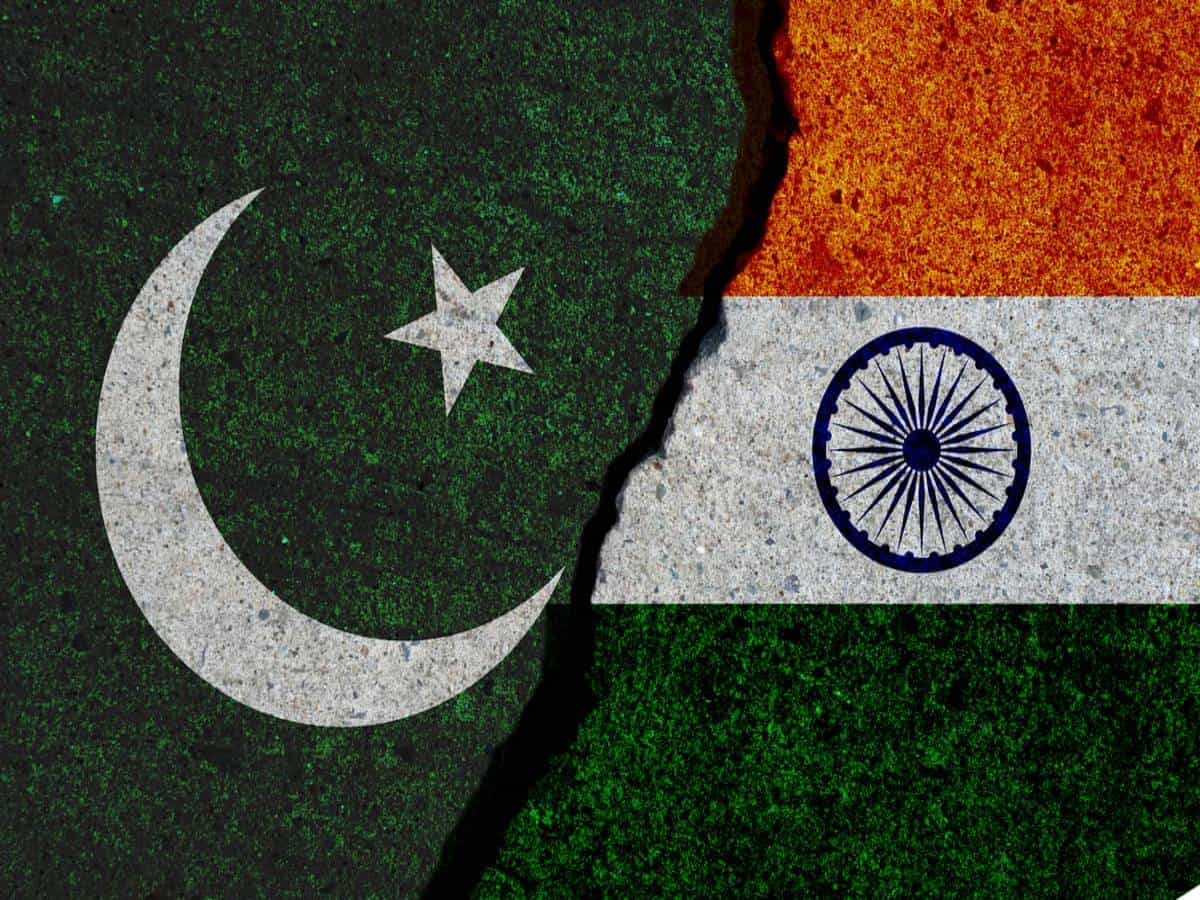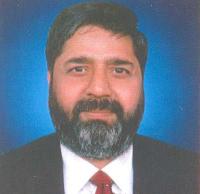

New Delhi: In the backdrop of the missile crisis between India and Pakistan, there is an urgent need for the two countries to resolve it before it becomes another mountainous hurdle in relations between the two countries, but the real problem is that Pakistan is grappling with leadership crisis owning to the political war at home. There are also other issues which need to be sorted out between Delhi and Islamabad as early as possible but again the problem is the same, what it was a year ago- it is now grave, for there is no political leadership in control of the nation divided on so many lines. Things have come to such a pass where Pakistan is rudderless and cannot have a united voice on the most urgent issues, especially with India.
Around this time last year, against the backdrop of the reiteration of the ceasefire on the Line of Control that divides Jammu and Kashmir between India and Pakistan, the prospects for the dialogue seemed bright to ease their tensions, but at the moment the possibility of any dialogue is being dragged away by Pakistan’s internal situation. An increasing sense of uncertainty amid the fierce contest for political power has cast a shadow over as to who will represent Pakistan in the given situation. Pakistan’s political parties are locked in a contest who should rule the country – the opposition has already submitted a no-confidence motion against the Imran Khan government- the possibility of the dialogue has slipped into a remote corner if a mild expression is to be used.
Accidental firing of missile from India to Pakistan
Why this was the time for India and Pakistan to hold the dialogue? The reasons are simple: the accidental firing of the missile from India to Pakistan on March 9 has spawned new doubts between the two nuclear-powered nations that also are immediate neighbours. These doubts need to be cleared, not from the respective countries, but by holding serious talks to dispel the misunderstandings that have cropped up. India’s stand that it was an accidental firing of the missile, Pakistan has dismissed it as an excuse and raised questions about the safety of the missile system in India. This may be an argument or part of their anti-India narrative, the fact, however, remains that the missile landed in Pakistan. It’s good that the missile was unarmed and did not cause any damage. So, Pakistan’s concerns need to be addressed in a holistic manner, the joint probe, which Pakistan is insisting is untenable proposition because India’s experience of the Pathankot terror attack of January 2016 is quite bitter. But the doubts need to be cleared at credible levels.
Second, though no less important than the first, the Ukrainian crisis has hit the world order, India and Pakistan cannot escape the consequences threatening to emerge after the war that is already more than three-week old, with hundreds dead and the urban centers reduced to rubble and more than three million having fled the war zone. There is turbulence in the world order and the economy is heading toward stagflation. India and Pakistan, for their own reasons, have stayed neutral in the war so far. They have not taken sides, and they have vowed by the territorial integrity and sovereignty of the countries but shied away from condemning or criticizing the Russian invasion of Ukraine. This places them in the league of China, the largest country and the pivot in world affairs, on this war. Islamabad and Delhi could have taken advantage of this common stand, forced by the unfortunate happenings in Europe, and fostered better understanding.
Third, of course, is the voice of the business tycoons in Pakistan and even some of the important government functionaries, including Pakistan Prime Minister’s Adviser on Commerce and economic affairs, Abdul Razak Dawood, that trade should be resumed with India for enriching the economy of Pakistan.
Whom to talk to in Pakistan?
But a question here is that, whom to talk to in Pakistan? The Imran Khan government is rattled by the no-confidence motion moved against his government by the combined opposition under the banner of the People’s Democratic Movement. Both sides, instead of testing their numerical strength in the House of 342. Each side has claimed numerical superiority in the National Assembly, but then they have also decided to test it on the streets. There is all pervasive fear of big trouble erupting in Islamabad because of these clash of marches. The whole political system is in flux, and it has inevitably given rise to questions about the stand of the country on foreign policy issues.
Leading columnist and former diplomat Maleeha Lodhi, a credible voice on foreign affairs and international relations, had noted recently that “ If truth is the first casualty of war ( Ukraine) Pakistan’s foreign policy seems to have become the casualty of a raging political war at home.”
When there is skepticism within Pakistan about foreign policy, therefore to expect that Pakistan would be interested in dialogue with India is beyond imagination. Islamabad has veered to resolve its internal political war and is suffering from an extreme leadership deficit. In such a situation, India would like to wait and watch as the moment Pakistan is not having a leader who can represent the political will of the nation.



